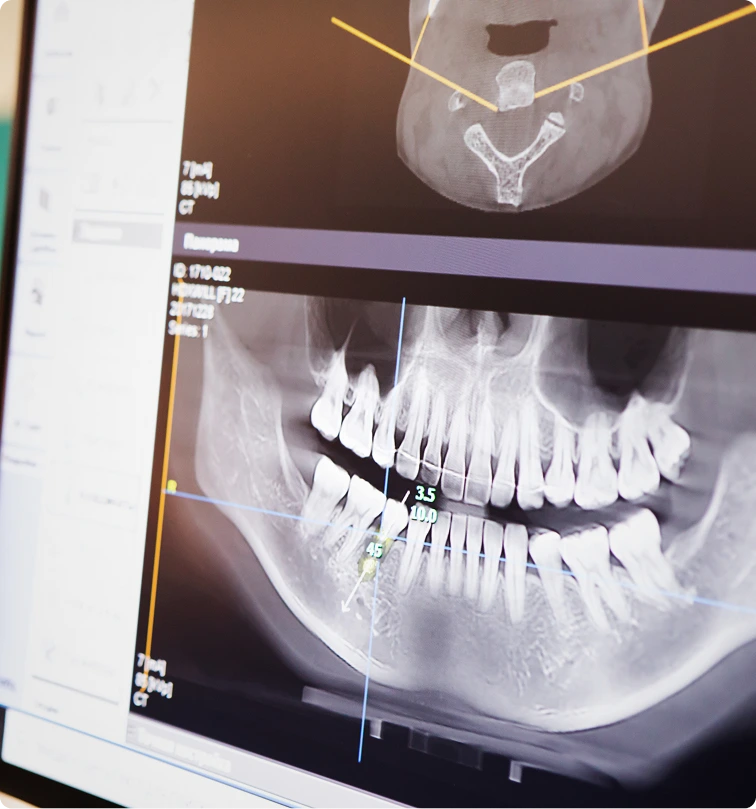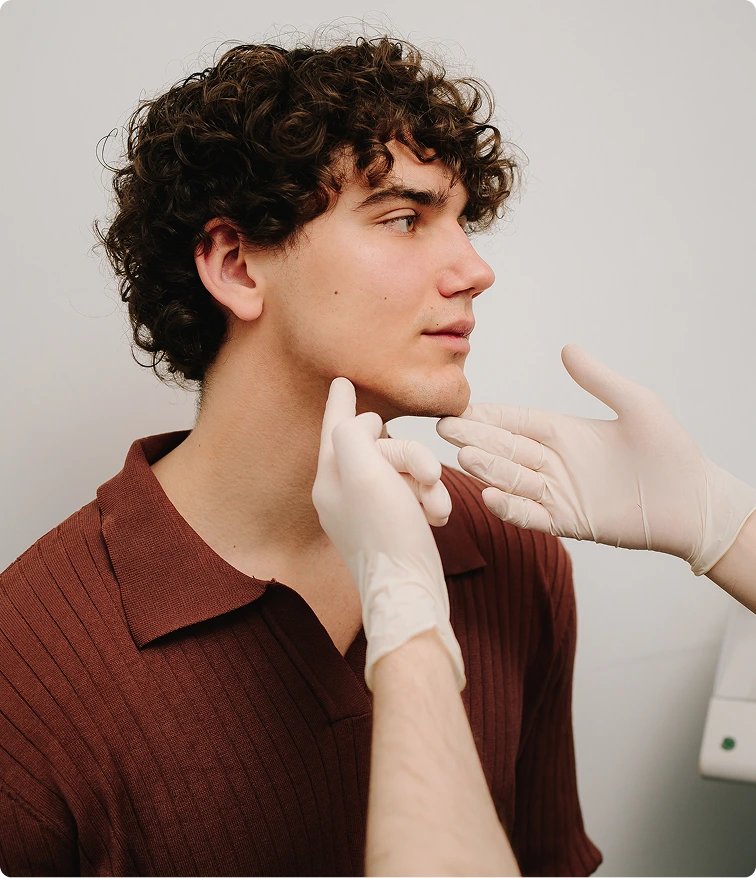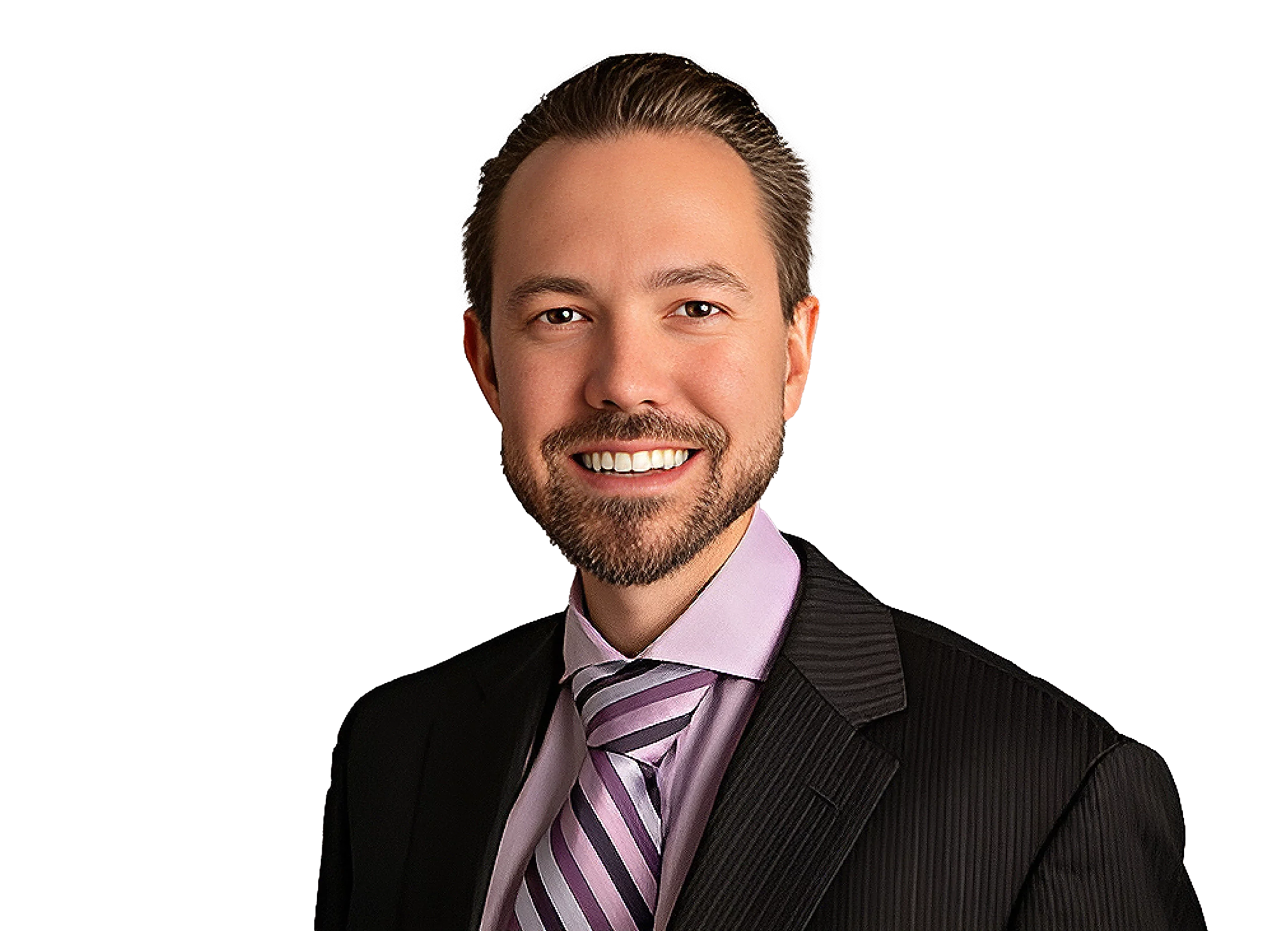For patients in Denver experiencing jaw misalignment, difficulty chewing, or facial balance issues, corrective jaw surgery can provide lasting solutions that enhance both function and appearance. Many people seek this treatment to enhance comfort, improve bite efficiency, and boost overall confidence. Our triple-board-certified oral surgeon, Dr. Nesiba, provides professional care tailored to each individual’s needs, ensuring precise results and a smooth, positive experience.


Jaw surgery, also known as orthognathic surgery, is a specialized medical procedure that corrects irregularities of the jaw bones. It is designed to address structural issues that may arise from hereditary or environmental influences, ensuring proper alignment of the upper and lower jaws. Advanced surgical techniques allow Dr. Nesiba to carefully reposition the jaw while maintaining stability and function throughout the process.




Yes, oral surgery is generally safe when performed by a skilled and experienced surgeon, such as Dr. Nesiba. Procedures are conducted under strict medical protocols to minimize risks and ensure patient comfort. Corrective jaw surgery can also help treat facial pain caused by misaligned jaws, providing both functional relief and improved quality of life.
Receive the Best Care at Cherry Creek Oral Surgery